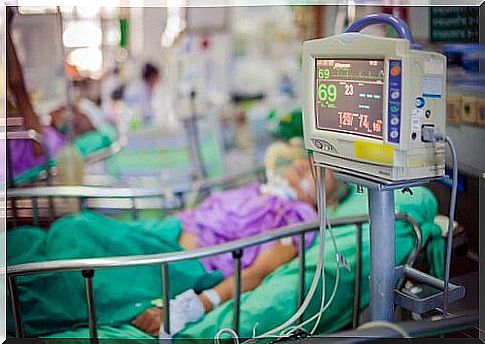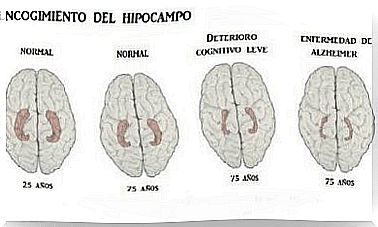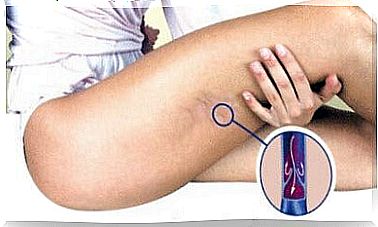When To Call The Pediatrician Immediately

First-time parents will undoubtedly call their pediatrician more often than those who already have other children. Inexperience can cause them to become obsessed, and at the slightest symptom they cannot interpret, they will immediately go to the doctor.
How many times can I call the pediatrician?
In the relationship established with the children’s pediatrician, trust must prevail. As a mother, you should feel free to call your pediatrician’s office, even for routine questions. Check with him if the office has a time for answering calls.
However, it is important to keep in mind that the pediatrician cannot always answer all your questions without seeing your child in person. If your doctor asks you to take your child, it is most advisable that you go to their office.
Today, technology has developed numerous forms of communication; you can confirm in your first appointment with the pediatrician which are the best ways to contact him, to call him in emergencies: beep, text messages, WhatsApp, voice message, or call him directly.
When should you call your pediatrician right away?
The American Academy of Pediatrics has developed the following list of situations and recommendations to consider for knowing when to call your pediatrician immediately.
If your child has any of the following symptoms, please do not hesitate to contact the doctor who sees you, no matter how many times you need to insist that they see you. Whether a baby or a child, your health depends on your calling:
- Vomiting and diarrhea that last for several hours in a child of any age.
- Skin rash, especially if accompanied by fever.
- Any type of cough or cold that doesn’t get better in several days.
- Cuts or wounds that deserve suturing.
- A limp, or inability to move an arm or leg after a fall.
- Earache with fever or secretions in them.
- Severe sore throat, or difficulty swallowing
- Sharp pain, or pain focused on the abdomen .
- Pain that gets worse, or doesn’t go away after several hours.
- Fever that exceeds 38°C or more in a baby less than 2 months old.
- Fever and vomiting simultaneously.
- Blood in urine or faeces.
- Diarrhea with blood.

When should you call emergency services?
There are situations in which calling the pediatrician is insufficient; such as accidents or severe symptoms that put your child’s life at risk. That’s why, in case these situations arise, urgently call the emergency services in your locality, either to send an ambulance, or if you are already on your way to the hospital and need urgent care.
- Bleeding that doesn’t stop, even applying direct pressure to the wound.
- Suspected poisoning by toxic products, such as bleach, chlorine, medications, cleaning products, among others.
- Seizures (rhythmic restlessness and loss of consciousness).
- difficulty breathing
- Change the color of lips and skin (it turns blue, purple, or gray).
- Stiffness in the neck.
- Head injury with loss of consciousness, confusion, vomiting, or changes in skin color.
- Sudden loss of energy or inability to move.
- Loss of consciousness , the child does not respond to any stimulus.
- Your child acts strangely, becomes more withdrawn and less alert.
- A cut or burn is large or involves your child’s head, chest, abdomen, hands, groin, or face.

Recommendations when calling the pediatrician
While calling, make sure your child is close to the phone, especially if they are a child who can answer a specific question the specialist might ask about the discomfort or symptoms they are experiencing.
Above all, it is important that you give the pediatrician as much information as possible; if you have a fever, note your temperature and how long you took it; if you had any medical problems related to the call, please remind the doctor. Make sure you have all the information about the medications your child has taken.
Also, when you call the pediatrician, have a record of the immunizations your child has received in case the doctor asks you a question about it.








